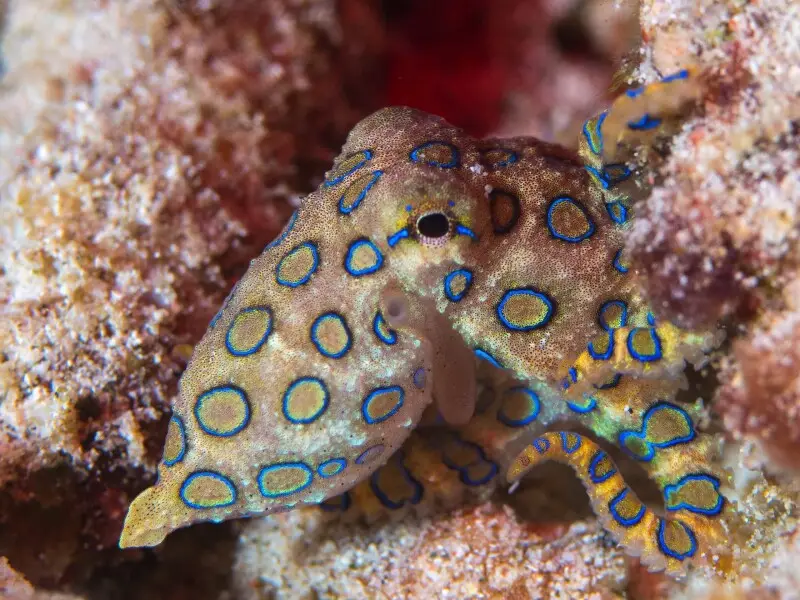
Octopuses are fascinating creatures, known for their intelligence and unique abilities. However, some species of octopuses, like the blue-ringed octopus, are venomous and their bites can be dangerous. If you find yourself in the unfortunate situation of being bitten by an octopus, it’s important to know what steps to take.
The first thing to do is to stay calm. Panicking can increase your heart rate and spread the venom more quickly through your body. Next, carefully remove yourself from the octopus’s vicinity to prevent further bites.
Immediately wash the affected area with soap and water. This will help remove any bacteria that may have been introduced by the octopus’s bite. Apply a clean, dry cloth or bandage to the wound to control bleeding.
It’s crucial to seek medical attention as soon as possible, even if you don’t feel any immediate pain or symptoms. The venom from an octopus bite can cause severe pain, swelling, and other complications. Inform the medical professionals about the bite and provide them with any relevant information about the octopus species.
While waiting for medical help, you can try to immobilize the affected limb to reduce the spread of venom. Keep the bitten area below heart level if possible and avoid any unnecessary movement.
Remember, not all octopuses are venomous, and many make fascinating and intelligent pets. However, if you choose to keep an octopus as a pet, it’s essential to research the specific species and take necessary precautions to prevent bites.
| Octopus Species | Venomous | Suitability as Pets |
|---|---|---|
| Blue-Ringed Octopus (Hapalochlaena) | Yes | Not suitable as pets due to extreme toxicity |
| Common Octopus (Octopus vulgaris) | No | Suitable for experienced aquarists with appropriate setup |
| California Two-Spot Octopus (Octopus bimaculoides) | No | Popular choice among octopus keepers, requires large tank and specialized care |
| Day Octopus (Octopus cyanea) | No | Requires spacious tank and careful handling, suitable for experienced keepers |
| Caribbean Reef Octopus (Octopus briareus) | No | Suitable for experienced aquarists, can be kept in larger home aquariums |
| Atlantic Longarm Octopus (Macrotritopus defilippi) | Yes | Not recommended as pets due to venomous nature and specialized care requirements |
| Briar’s Octopus (Abdopus aculeatus) | Yes | Not recommended for home aquariums due to venomous nature and specialized care needs |
| Pygmy Octopus (Octopus mercatoris) | No | Suitable for experienced keepers with smaller tanks, requires careful attention to water quality |
This table provides information on various octopus species, indicating whether they are venomous and their suitability as pets.
In conclusion, if you are bitten by an octopus, stay calm, clean the wound, seek medical attention, and immobilize the affected limb. By following these steps, you can minimize the potential risks and ensure proper treatment for a painful octopus bite.
